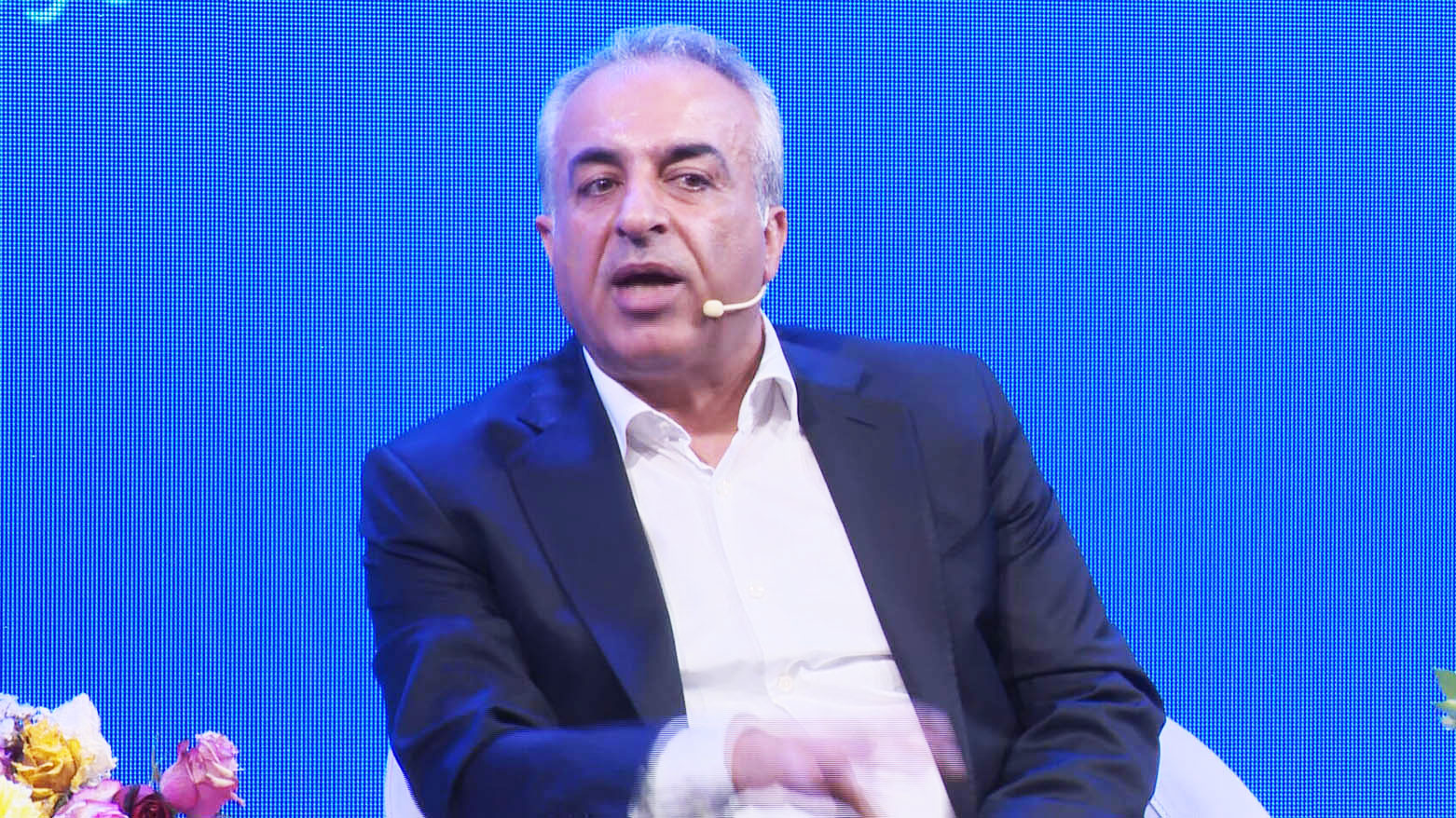BCF: Kurdistan's Camps Outshine Regional Peers
"The refugee camps in the Kurdistan Region that are supervised by the Barzani Charity Foundation are better than the camps in Jordan, Turkey, and Lebanon in terms of services," Musa Ahmed stated, pointing to a record of consistent, well-coordinated aid delivery and community-based support.

By Kamaran Aziz
ERBIL (Kurdistan24) — The head of the Barzani Charity Foundation, Musa Ahmed, declared during a panel at a book fair in Erbil that the refugee camps under the foundation’s management in the Kurdistan Region offer superior services compared to camps in Jordan, Turkey, and Lebanon. His remarks underscored the region’s commitment to humanitarian values and the enduring legacy of the Barzani movement.
"The refugee camps in the Kurdistan Region that are supervised by the Barzani Charity Foundation are better than the camps in Jordan, Turkey, and Lebanon in terms of services," Ahmed stated, pointing to a record of consistent, well-coordinated aid delivery and community-based support.
Ahmed emphasized that the Barzani Charity Foundation is not merely an aid organization, but a representative of the humanitarian ethos that has long characterized the Kurdistan Region. "The Barzani Charity Foundation represents the humanitarian case in the Kurdistan Region," he said, noting that the foundation reflects the immortal Barzani’s ideology, which emphasizes peaceful coexistence, altruism, and environmental consciousness.
Since its founding, the Barzani Charity Foundation has become a key player in regional humanitarian relief efforts. It currently manages more than 28 refugee and internally displaced persons (IDP) camps across the Kurdistan Region—an operation Ahmed described as logistically demanding but vital. "This is not an easy task, and it is difficult," he said. "International parties are impressed with the services of these camps in Kurdistan."
Highlighting the collaborative nature of the Foundation’s work, Ahmed stressed the importance of partnerships with international donors, investors, and local philanthropists. "We have tried to create coordination between donor countries, investors, and philanthropists, along with those citizens who need humanitarian assistance," he noted.
He also addressed the deep-rooted culture of charity in Kurdistan: "This culture is a positive aspect of our country, and we have tried to organize this charitable work and build trust between citizens and philanthropists."
The Barzani Charity Foundation currently holds official permits to operate in Iraq, the Kurdistan Region, the United Kingdom, and the United States. It is also seeking to expand its reach by obtaining work permits in Syria, Turkey, and Germany.
Ahmed’s remarks come at a time when global attention to the plight of refugees has fluctuated amid shifting political landscapes. Yet, his message at the Erbil book fair reaffirmed the Kurdistan Region's unwavering commitment to humanitarian principles and effective refugee care. "If it weren't for philanthropists, these works could not have been done," he concluded. "The camps in the Kurdistan Region are different and better than those in Turkey, Lebanon, and Jordan."